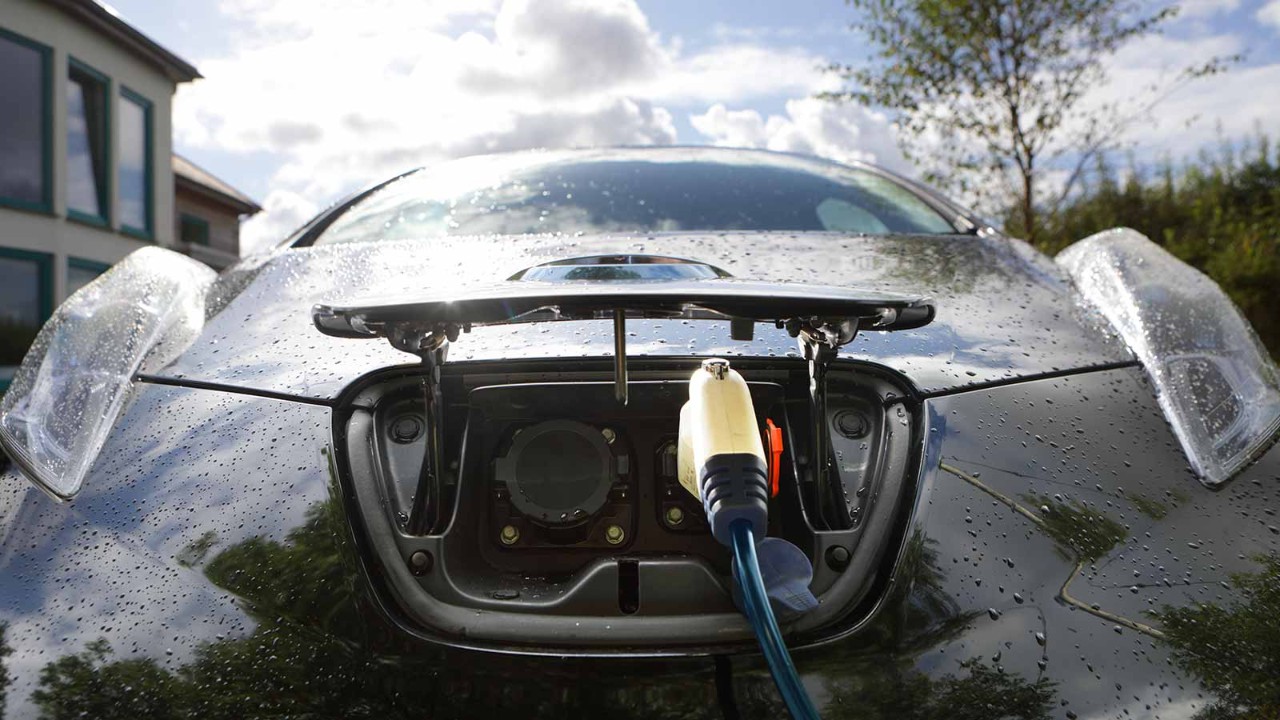
At its heart, accounting is all about numbers. The words are important but serve mainly to support the numbers. For many accountants, the never-ending debate on intangibles revolves around how these numbers are derived and presented. Is the impairment test robust? Should goodwill be amortised and, if so, over what period?
For most non-accountants, the debate is very different. What useful purpose do these numbers serve? Is a business worth less after an impairment? Is goodwill amortisation an operating cost?
I see the beginning of a similar divergence over environmental, social and governance (ESG) reporting. The debate in the accounting world is once again focused on numbers. How do I measure climate risk? What metrics do I use for environmental reporting? Underlying this is an unspoken desire for a standard to align with, like some sort of comfort blanket.
Behaviour and choices
Back in the non-accounting world, the debate is very different. At its heart, ESG is about behaviour and choices, not numbers. I know of no climate-change activist who thinks that the answer is new accounting standards. Their aim is to force people and companies to behave more responsibly.
A large part of the problem is that it is often what companies decide not to do that causes the damage.
Consider fluorescent tubes, which are still widely used. It is a little-known fact that every tube contains a tiny amount of mercury, which the World Health Organization considers ‘one of the top 10 chemicals of major public health concern’. It is a highly toxic substance that is impossible to recycle and should never be used unless there is no other alternative. After enormous advances in LED technology, there are now viable mercury-free options to fluorescent tubes, yet they are still being made.
The explanation comes down to money and disclosure. Mercury vapour lighting (to give it its proper name) is more profitable than LEDs, and there is no requirement for the manufacturers to disclose that they have decided not to discontinue production, despite the avoidable environmental damage.
I want to see ESG reporting evolve as a mature debate about decisions and trade-offs companies have to make
Quantify the impact
Now consider this issue from an accounting perspective. It is clear to me that any company still making mercury lamps is taking risks with the environment and its reputation. But how can you put a number on this? More importantly, how can you design a disclosure regime that requires companies to discuss the damage caused by things that they have decided not to do?
You can level a similar charge against the legacy automotive industry, which has been slow to roll out electric cars, entirely for reasons of self-interest.
Lighting and car company reports often have detailed disclosure on environmental metrics, but you will search in vain for any discussion on the trade-offs they make between short-term profits and long-term environmental concerns. People often forget that the ‘S’ in ESG concerns ’society’ and that closing down legacy car plants will cause major social disruption.
Honest debate
My main point here is that we need to have an honest debate about what we will be using ESG reporting for. I want to see ESG reporting evolve as a mature debate about the decisions and trade-offs that companies have to make.
Total sustainability is, in my view, an impossible goal, but huge improvements are both possible and necessary. We have to develop ways to laud companies that are improving and to shame those that are hiding behind the metrics.
If we allow companies to tick the ESG box, while simultaneously behaving in a way that is avoidably damaging, then we are just putting lipstick on a fig leaf.





